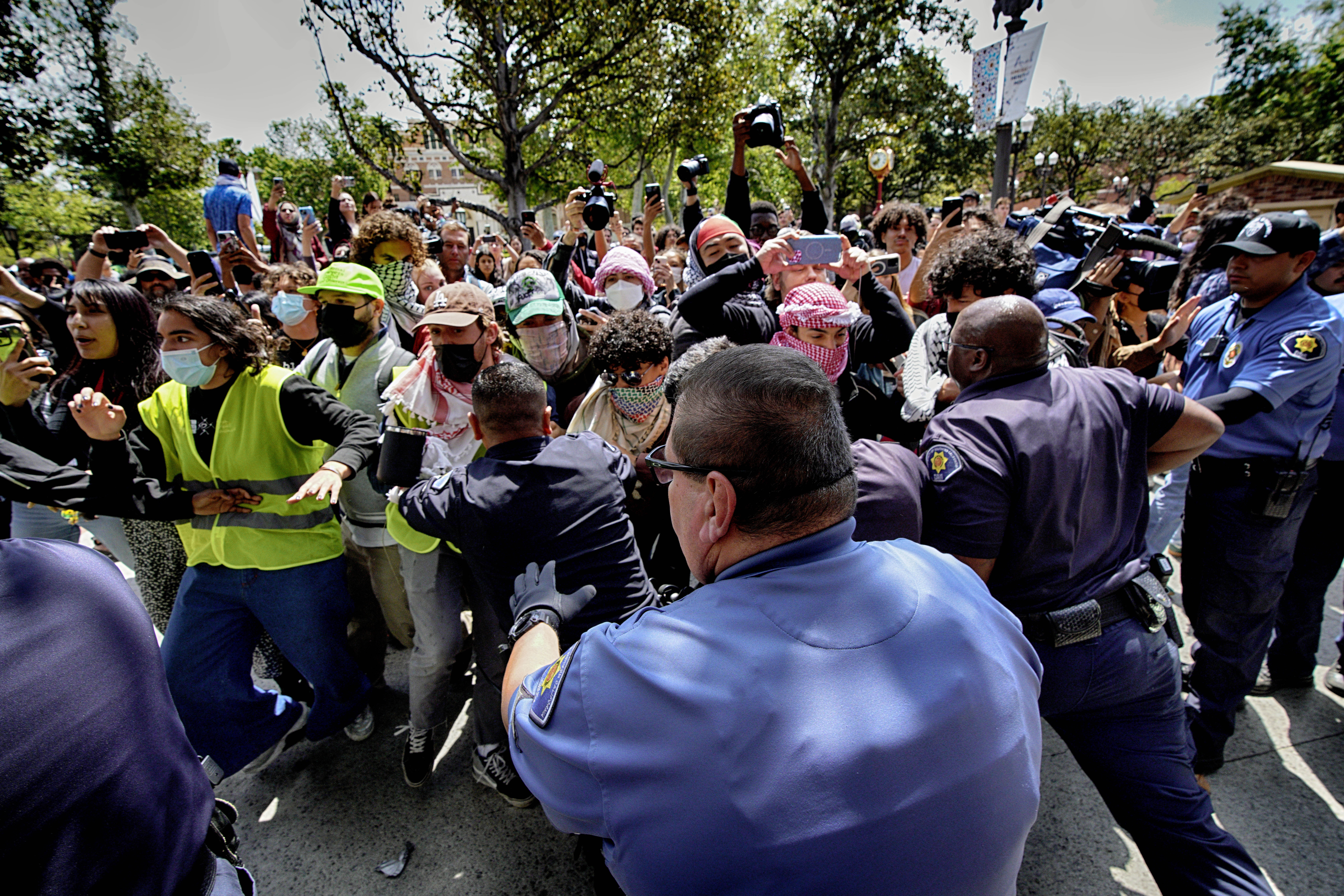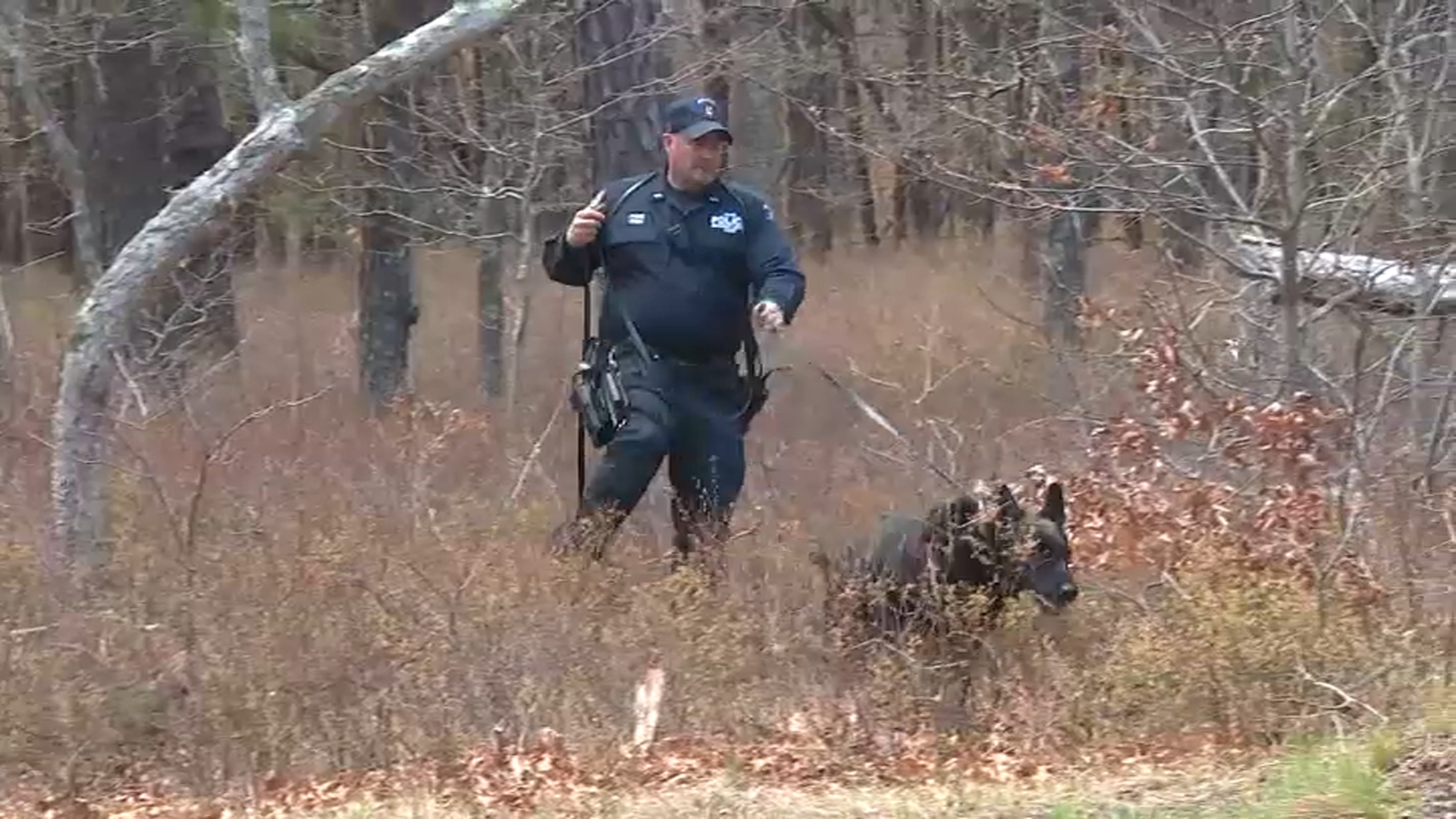New York City’s homicide rate has hit a five-year high as the amount of people shot has jumped 42 percent compared to last year on the heels of an “implosion” of the city’s judicial system, according to NYPD Commissioner Dermot Shea.
A perfect storm of COVID-19 shutdowns within the judicial system (which have shunted indictments against the most dangerous illegal gun criminals), a breakdown in the city’s social safety nets (which has prisoners being released from jail straight into homelessness), and bail reform laws and case deferments have all hindered the NYPD’s efforts to staunch the bleeding, Shea believes.
"We cannot keep people safe without keeping bad, dangerous, people off the streets,” Shea said. "You have a criminal justice system that's imploding. That’s the kindest way to put it.”
Shea said that if the Supreme Court can hold proceedings during the pandemic, there should be a way to arraign people and have grand juries during these pandemic times, pleading “do it virtually, do something.”
The commissioner also said supervised release is a “fallacy,” and that there’s no system right now to keep an eye on those who are released from prison — including Riker’s Island — and supposed to be monitored.
“Releasing people to homeless shelters is a recipe for disaster,” he said. “There is no safety net, often we don’t even have a clue where they are.”
Shea summed up his thoughts bluntly: “The people who are suffering are the people in New York City.”
News
Compared to the same week last year, NYPD crime data shows the total number of shooting victims rose 42 percent, along with 166 homicides to date compared to 134 from 2019. That represents a 24 percent increase in homicides year-over-year, marking an increase of 2.5 percent over year-to-date totals from five years ago.
Former NYPD Chief of Patrol Wilbur Chapman said that in this instance, the uptick is the rule, not the exception.
"Spikes in crime are not aberrations. Spikes in crime are a reality," Chapman said. He believes that Shea's decision to get rid of the anti-crime units was a mistake, and that small units of experienced officers who are familiar with the neighborhood is the best way to get guns off the street. Instead, he says the NYPD chose to "throw the baby out with the bath water."
While calling the uptick "extremely alarming," Brooklyn Borough President Eric Adams said he did not want to see "heavy-handed policing," but rather encouraged a "new way of policing in the city that calls for community involvement."
"Let local communities decide who is going to police them. Police commanders are the most powerful agency heads in our city and we don’t have enough say so on who is coming to particular communities – I think that is an important piece," Adams said.
Shea also addressed the recent protests in the city, saying the department is conducting an after-action report which will be made public.
On the busiest days of the protests, the NYPD counted 72 demonstrations in one day. During that peak time, Shea believes the NYPD did a good job overall but given the incidents under investigation, said there were “things we did well and ... there’s things we have to learn and do better.”
One of the things the NYPD is looking at is changing the training for officers, making it more hands-on. The commissioner said it may be best to take some of the experience "out of the classroom and take it into the field."
Specifically, Shea said they’ll look at tactics they could improve — including better supervision and how to deal with instances where a crowd of 500 is protesting peacefully, but five people use the protests as cover to commit violence.
Shea also announced Wednesday a series of departmental moves to try and broadly re-shape the NYPD’s Community Affairs operation, one of which was placing Chief Jeffrey Maddrey in charge of the unit.
Separately, he is asking Chief Nilda Hofmann to take over the Transportation Bureau and assigning Chief of Special Victims Division, Judith Harrison, to take over the Brooklyn North command and will receive a second star. All three commanders tasked with new assignments are Black.
Other changes that could come include eliminating the COMPSTAT system, a statistical model used by the department to track crime in the city. The Captain's Endowment Association sent a letter to Shea and Mayor Bill de Blasio calling for changes to be made to the system, or to do away with it entirely, as they said it focuses on stats too much.
It is not clear how Shea or de Blasio will view getting rid of COMPSTAT, but Chapman said that while the 26-year-old system may need some revisions, it is the "only measure of police accountability," and should not be removed.
"Perhaps it can be revised to where it is not a focus on negative activity – arrests and summonses and enforcement activity – and more a measurement of accountability of police managers who are responsible for delivering police services," said Chapman.
One thing the former police chief seemed to be certain of: defunding the department is not the answer to race problems. Instead Chapman, who is Black, said there were other programs and issues that have contributed to systemic racism to a larger degree than policing.
"Undereducation, poor housing, lack of employment — these are all things that are racist. The NYPD did not create them, but they are required to police those communities where these symptoms have caused a population that is underserved in terms of positive services and overserved in terms of enforcement," Chapman said. "The reality is the other services have been underfunded and underserving communities of color. It would be much better to find funding outside of the police department to correct their deficiencies rather than blame the police department for those failures."
Adams, who is in favor of defunding the department, said that money would be taken away from the NYPD in order to address things that police shouldn't be dealing with anyway.
"Defunding police means civilianizing the department so officers are no longer performing civilian jobs. They are actually perfoming patrol and public safety – what they were hired for," Adams said. "There is a way to look at the overspending and overbloated without taking one item from public safety. So I am with those who say we must remain safe."
He also said that "accountability lies on all sides" when it comes to policing, meaning changes must be made to ensure that police and community relations can improve



